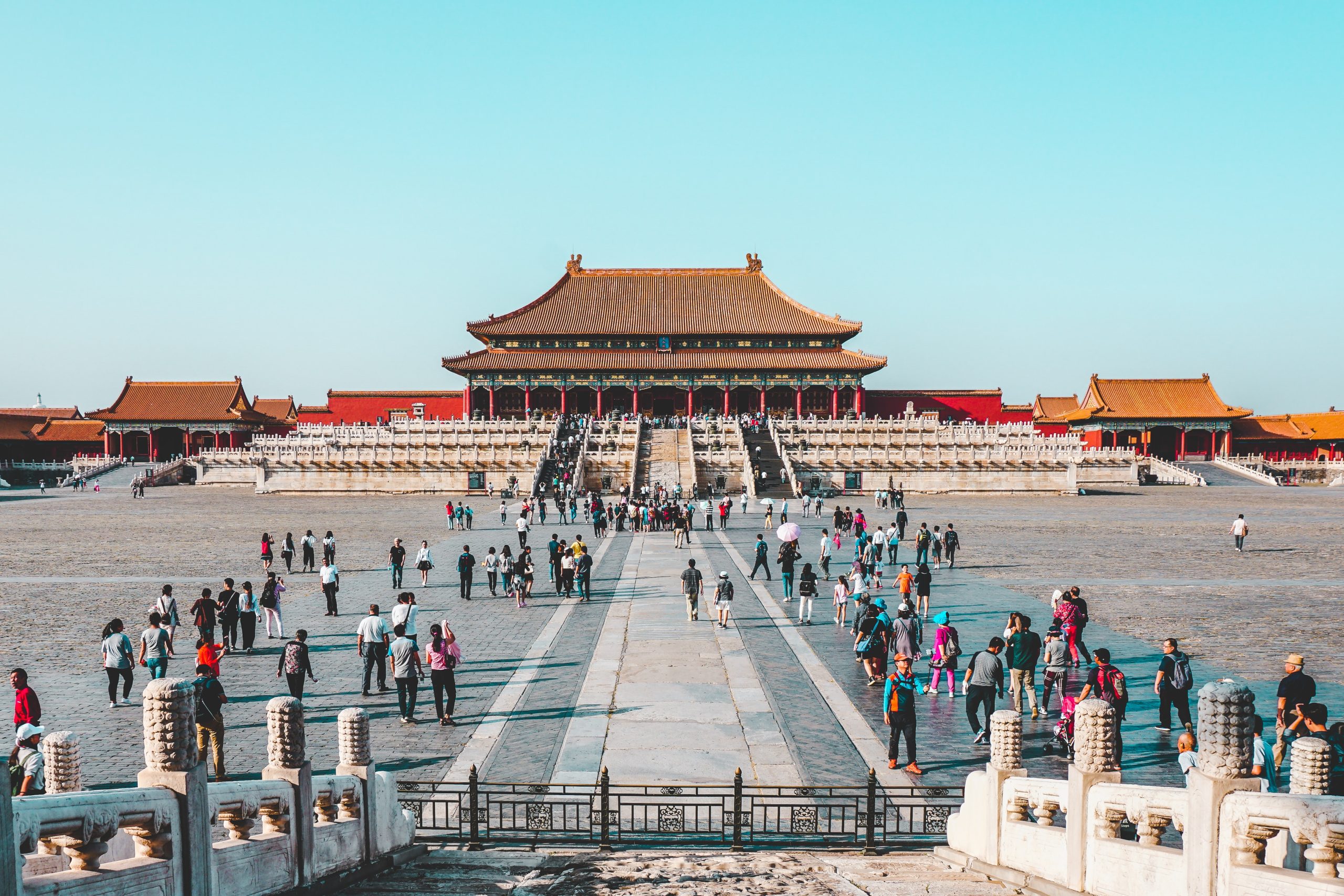In a startling statement that sent shockwaves through global diplomatic circles, former U.S. Secretary of State Henry Kissinger expressed grave concerns over the escalating tensions between the United States and China, highlighting the increasing likelihood of a war over the Taiwan issue if both nations fail to step back from the brink. Kissinger, renowned for his diplomatic expertise and pivotal role in U.S.-China relations during the 1970s, issued this dire warning during a private briefing with select policymakers and experts in Washington, D.C.
The 99-year-old statesman, known for his measured approach to international affairs, emphasized the need for urgent de-escalation efforts to prevent a potentially catastrophic conflict. “The situation regarding Taiwan is the most precarious it has been in decades. If the United States and China do not exercise restraint and engage in meaningful dialogue, the risk of war cannot be discounted,” Kissinger remarked.
Taiwan, a self-governed island that China considers an integral part of its territory, has long been a contentious issue between the two global powers. In recent months, tensions have surged, with Beijing ramping up military activities near the Taiwan Strait and the United States increasing its support for the island’s defense capabilities. These developments have fueled concerns of a potential military clash that could have far-reaching implications for regional stability.
Kissinger’s remarks come as both the United States and China have maintained a firm stance on their respective positions. The U.S. has pledged to support Taiwan’s security and democracy, invoking its commitment under the Taiwan Relations Act. Meanwhile, China has repeatedly warned against any external interference in what it perceives as its internal affairs, vowing to use force if necessary to bring Taiwan under its control.
Recognizing the delicate nature of the situation, Kissinger emphasized the urgent need for diplomacy, stating, “We must explore all avenues for peaceful resolution, engaging in dialogue, and seeking compromise. A military confrontation between the United States and China would have catastrophic consequences for the entire world.”
However, achieving a diplomatic breakthrough in the Taiwan dispute remains an arduous task, given the deep-rooted historical and geopolitical complexities. The challenge lies in finding common ground that safeguards Taiwan’s security and respects China’s territorial integrity while ensuring stability in the Asia-Pacific region.
As Kissinger’s warning reverberates across global capitals, policymakers and diplomats face a daunting challenge in defusing tensions and finding a peaceful resolution. The international community, including regional actors and multilateral organizations, must play a crucial role in facilitating dialogue and encouraging restraint on both sides.
The specter of a potential war over Taiwan serves as a reminder of the fragility of the current geopolitical landscape. The ramifications of such a conflict would be far-reaching, impacting global trade, security alliances, and the delicate balance of power in the Asia-Pacific region.
While the path to de-escalation may seem steep, Kissinger’s decades of experience in diplomacy and his role in building bridges between the United States and China during the Cold War provide a glimmer of hope. Now, it falls upon current leaders to heed his advice, prioritize dialogue, and navigate the treacherous waters of international relations to avoid the catastrophe of a war over Taiwan.




